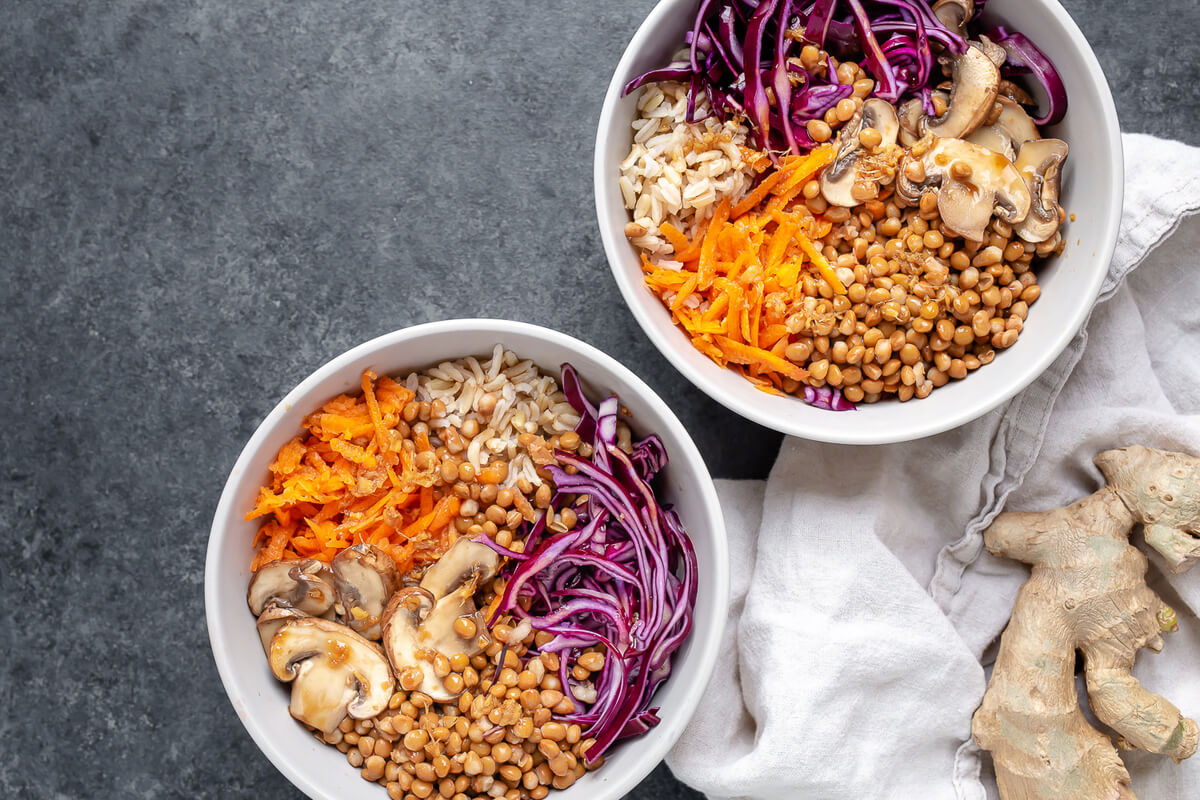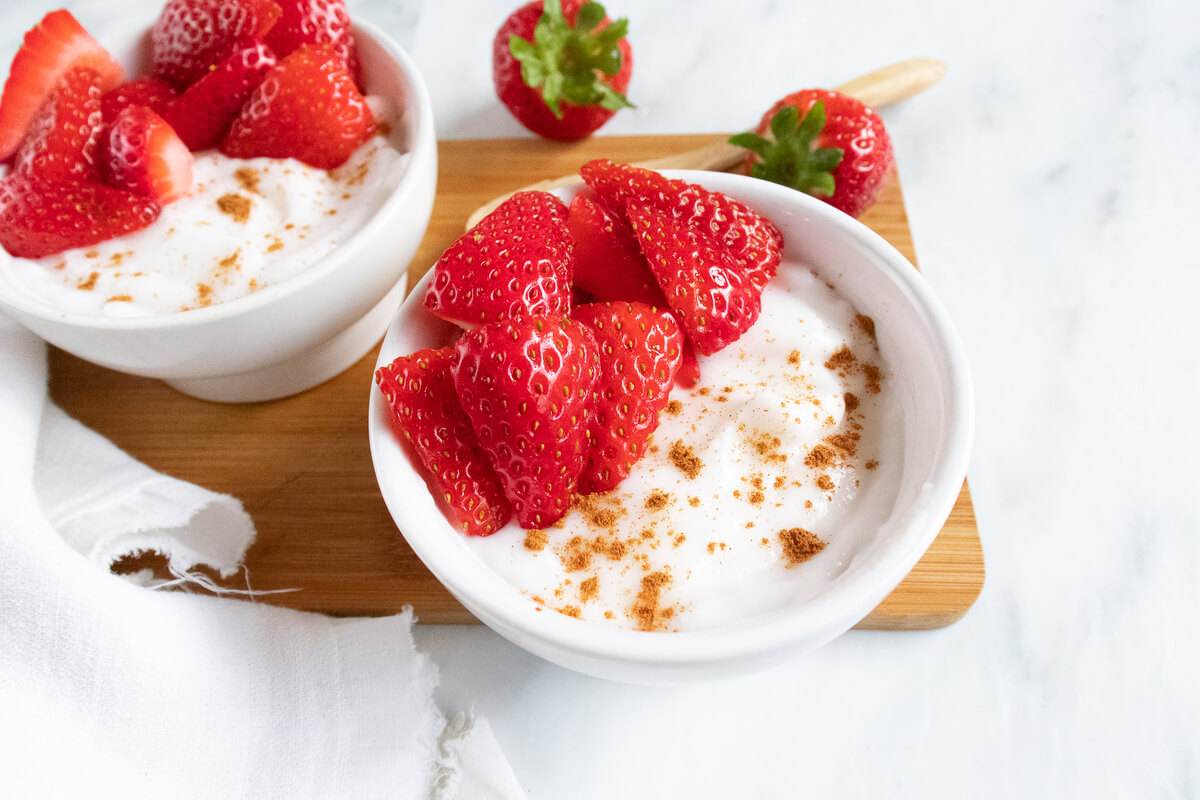Eczema or atopic dermatitis is the name for a group of conditions that can cause your skin to become red, dry, and itchy. It is a common chronic and relapsing skin disease that develops through a combination of genes and environmental triggers. When an irritant or an allergen from outside or inside the body “switches on” the immune system, it produces inflammation and this causes the symptoms common to most types of eczema.
Diet plays a significant role in our skin's overall health and certain foods can help minimize eczema symptoms. To help support your clients with eczema, That Clean Life has a ready-to-use Skin Health Program and Plant-Based Skin Health Program. These programs include a 7-day meal plan, itemized grocery list, recipes, a prep guide, and supporting evidence. The program is fully customizable based on your client’s energy needs and preferences.
These are the key nutrients we considered when creating our Skin Health Program, and important things to keep in mind when creating a meal plan to help improve eczema symptoms.
Food Allergens
Food allergies may play a role in exacerbating eczema in some people. Eggs, nuts, soy, and dairy are foods that are commonly linked to eczema flare-ups even in those who are not allergic to them. Our Skin Health Programs eliminate these common allergens. Food elimination diets may be helpful in a subset of clients with eczema, but they should be followed by careful reintroduction of foods along with the appropriate diagnostic testing to help identify potential food triggers.
Tip: Use That Clean Life to filter and eliminate ingredients and easily find recipes that meet your client’s needs.

Gluten-Free
Eczema occurs more frequently in people with celiac disease and in relatives of celiac disease patients, potentially indicating a genetic link between the two conditions. A gluten-free diet could help treat some cases of eczema, both in those with celiac disease and in people with gluten sensitivity. You can work with your clients to help identify whether a gluten-free diet will improve their eczema symptoms.
Antioxidants
People with eczema may be more prone to damage caused by Reactive Oxygen Species or Oxidants. Antioxidants like vitamins A, C, and E can be a valuable addition to reduce oxidative stress in cells and inflammation. Fruits and vegetables are packed with these nutrients plus fiber which lowers C-reactive protein, a substance in the blood that indicates inflammation.

Zinc
Zinc levels play an important role in managing both acne and eczema. The severity of eczema often increases when there is a zinc deficiency in the diet. Zinc also helps support our immune system, cell growth, and repair which could explain the connection to skin health.
Tip: You can use search for recipes high in zinc, vitamins A, C, and E (amongst other vitamins and minerals) using That Clean Life's filters.
Gut Health
Our Skin Health programs incorporate prebiotics and probiotics to bring good bacteria back into the gut and create a synergistic effect. Probiotics found in fermented foods and cultured dairy products are live bacteria that can help boost your client's immune system and fight off bad bacteria. Prebiotics found in certain fruits, vegetables, and legumes support digestive health by feeding good bacteria. This program incorporates coconut yogurt paired with fruit or vegetables daily to promote good gut health.

If you are already a member of That Clean Life, you are ready to start creating your Skin Health Program right away, or using our premade programs! If you are not yet a member of That Clean Life, you can learn more and sign up here.

